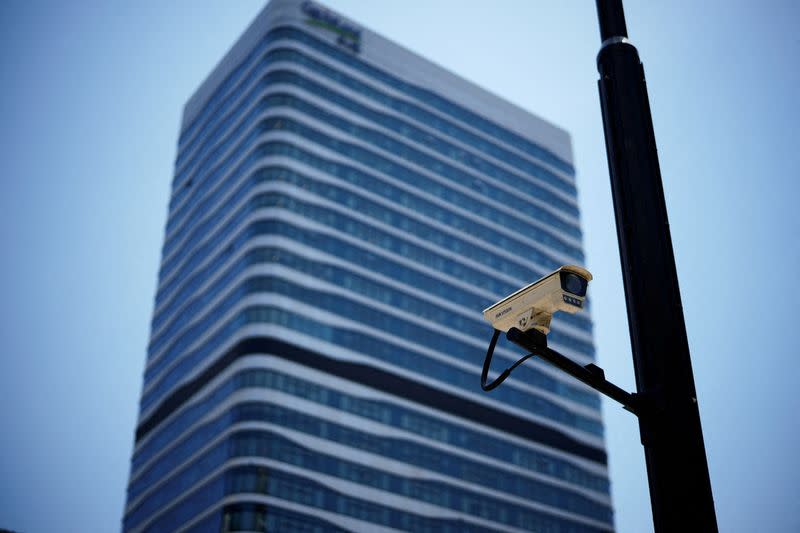Recent police raids on Capvision have focused attention on the risks of due diligence work as China pushes for greater data security, but analysts say foreign demand for expert advice on business will continue to grow.
Some small firms doing consultancy and due diligence in China believe they may benefit once the sector settles down after Beijing’s crackdown on firms supplying information deemed too sensitive to be shared with foreigners.
The crackdown, which ensnared Shanghai-based market leader Capvision earlier this month, and a sweeping update to anti-espionage legislation that comes into effect from July 1, has made some consultants in the country scramble to reduce risk.
But, given the hopes invested in China’s economic growth and liberalisation, foreign firms’ demand for expert knowledge about the Chinese market, the regulatory landscape, potential business partners and opportunities are expected to keep growing.
US consultancy Frost & Sullivan estimates the market for expert insights for China was about $1 billion last year and it expects that figure will nearly double to $1.9 billion in 2025.
ALSO SEE:
Eyeing Top Dollar, China Consulting Firms Tested Beijing’s Limits
Capvision isn’t the only firm to suffer. There were also raids on US consultancy Bain & Company’s office in Shanghai in late April, while US due diligence firm Mintz Group was hit in March, with its Beijing office shut down and five local staff detained.
Despite this, Lu Xiaomeng, director of geo-technology at Eurasia Group, said: “Due diligence demand is huge among foreign companies.”
About 600 Chinese companies are blacklisted by Washington and subject to export control, Lu noted, “but every month there are many, many new Chinese companies emerging, offering similar products”, so US companies doing business with China still need expert knowledge to be fully compliant with local laws.
‘A wake-up call’
State-run CCTV reported this month that Capvision’s “expert network” service accepted projects from overseas firms to source information, including “state secrets and intelligence” on sensitive sectors including defence and advanced technology.
But some smaller firms now see an opportunity to fill the space left by any rivals, like Capvision, that fall foul of China’s authorities.
“When a whale falls, all things are born,” one senior executive at a consultancy in Shanghai said, who expected that Chinese state firms would review their exposure to Capvision.
China’s expert network market would suffer from bad publicity in the short-term, as “no one wants to be associated with police crackdown,” said Max Friberg, CEO of Inex One, a Stockholm-based marketplace connecting investors with expert networks.
But over the long-term, the sector – which has been more informal in China compared with the West – will become better regulated, and demand will likely rebound for insights that help investors and companies make better decisions, he said.
For now though, the trade in expert information clearly has become more cautious.
‘Quality of information may be hit’
“It’s unfortunate that the expert network business gets into the public limelight in such a way,” China Insights Consultancy (CIC), the country’s second largest expert network company, said in a statement.
“As a leading homegrown participant, CIC has always abided by relevant laws and regulations,” CIC said, adding it will continue to “contribute to the healthy development of the industry as well as China’s economic growth.”
Industry insiders say they have encountered situations where some clients would push for information that might breach confidentiality, blurring the lines between what is legal and what is not.
A risk consultant in Hong Kong said due-diligence firms in China would shy away from research involving sensitive areas and the “quality of information” one can get on these sectors would be much more limited.
Friburg said the Capvision incident would make clients “think more about who they engage with, and how they engage with these expert networks.”
“This is a wake-up call for everyone,” he said.
- Reuters with additional editing by Jim Pollard
ALSO SEE:
China’s Anti-Espionage Law Adds to Foreign Business Concerns
China Raids Capvision Amid Crackdown on Due Diligence Firms
China’s Security Focus Undermining Its Economic Goals
























